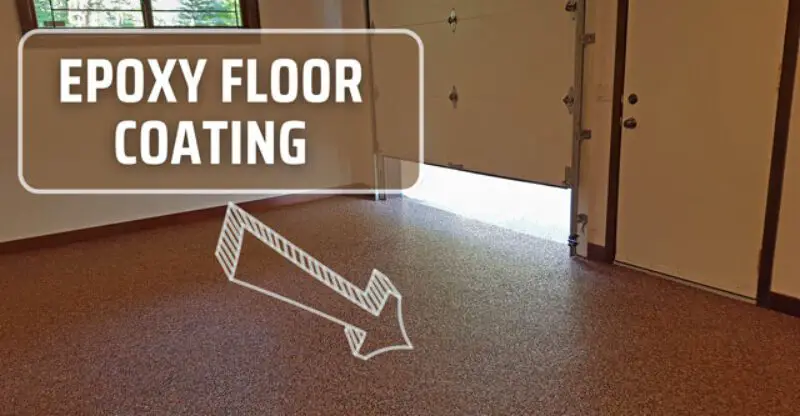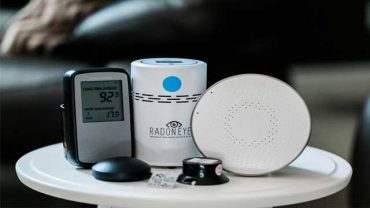How Long will Epoxy Floor Coating Last?
Epoxy floor coatings are a popular choice for commercial and industrial facilities because of their durability, low maintenance, and resistance to wear and tear. These coatings are applied to concrete floors and provide a protective layer that can withstand heavy traffic and equipment. They are also resistant to spills and stains, making them easy to clean and maintain. In addition to their practical benefits, epoxy floor coatings can also improve the appearance of a space, adding a polished and professional look.
However, like any flooring, epoxy floor coatings have a lifespan and eventually need to be replaced. With the proper installation and maintenance, epoxy floor coatings can last up to ten years and beyond. In this article, we will explore the factors that influence the lifespan of epoxy floor coatings and provide tips for maximizing their durability.
Understanding these factors can help facilities managers and homeowners make informed decisions about their flooring options and ensure they get the most value out of their investment. So, this article aims to explore the factors that influence the lifespan of epoxy floor coatings.
Factors that Affect the Lifespan of Epoxy Floor Coatings
Factors that Affect the Lifespan of Epoxy Floor Coatings:
Quality of the Epoxy
The quality of the epoxy used in the coating plays a significant role in its lifespan. Higher-quality epoxy formulations will typically be more durable and resistant to wear and tear and may also have added features such as UV resistance and improved adhesion.
Choosing a reputable brand and paying attention to the product’s specifications when selecting an epoxy floor coating is important.
Surface Preparation
Proper surface preparation ensures that an epoxy floor coating adheres properly and lasts as long as possible. This includes cleaning and repairing any cracks or imperfections in the concrete and applying a primer to improve adhesion.
Skipping these steps or using a flawed surface preparation process can lead to premature failure of the epoxy coating.
Application Process
The way the epoxy floor coating is applied can also impact its lifespan. If the coating is too thin, it may not provide adequate protection and will wear out more quickly.
On the other hand, if the coating is applied too thickly, it may take longer to cure and may be more prone to cracking. It’s important to follow the manufacturer’s instructions for proper application to ensure the best results.
Traffic and Usage
The amount of traffic and usage a floor sees can also affect its lifespan. Floors in high-traffic areas, such as warehouses or manufacturing facilities, may wear out more quickly than floors in low-traffic areas, such as offices or residential homes.
It’s important to consider the usage level when selecting an epoxy floor coating to ensure that it is appropriate for the intended application.
Maintenance
Proper maintenance is essential for extending the lifespan of an epoxy floor coating. This includes regular cleaning to remove dirt and debris and periodic resealing to maintain the coating’s protective layer. Neglecting maintenance can lead to premature wear and damage to the coating.
Estimating the Lifespan of an Epoxy Floor Coating
Factors that impact the lifespan of epoxy floor coatings include:
Industry Standards and Manufacturer Warranties
One way to estimate the lifespan of an epoxy floor coating is to look at industry standards and manufacturer warranties. Many epoxy floor coating manufacturers offer warranties for their products, which can indicate how long the coating is expected to last under normal conditions.
It’s important to read the fine print and understand the terms and limitations of the warranty, as it may not cover certain types of damage or improper installation.
Understand the Durability and Lifespan of Epoxy Floor Coating
The durability and lifespan of epoxy floor coating heavily depend on the quality of the installation and maintenance. If installed correctly with high-quality materials, it can last up to 10-20 years or more with regular cleaning and upkeep. To ensure optimal performance, use a professional installer and follow all manufacturer instructions.
It’s worth noting that the lifespan of an epoxy floor coating can vary significantly depending on the specific conditions and factors involved.
For example, a floor coating in a low-traffic residential garage may last much longer than in a high-traffic warehouse. Therefore, it’s important to carefully consider the specific needs and conditions of your flooring and choose an epoxy floor coating that is appropriate for your application.
Conclusion
In conclusion, To maximize the lifespan of an epoxy floor coating, it’s important to choose a high-quality epoxy product and follow the manufacturer’s instructions for surface preparation and application. Regular cleaning and maintenance can also extend the life of the coating.
By considering these factors and taking proper care of your epoxy floor coating, you can enjoy its benefits for many years.
FAQs
Epoxy flooring has several advantages, including durability, resistance to wear and tear low maintenance, and ease of cleaning. It can also improve the appearance of a space and provide a professional look.
Epoxy flooring can be expensive, difficult to repair, and slippery when wet, and it also requires a perfectly smooth and clean surface for proper installation.
Epoxy floors can be worth the investment for certain applications, such as in commercial and industrial facilities where durability and low maintenance are important. They may not be as cost-effective for residential or low-traffic applications.
Installing an epoxy floor in a home may increase its value, as it can improve the appearance of the space and make it more attractive to potential buyers. However, the extent to which it increases value will depend on the specific circumstances and the home’s overall condition.



